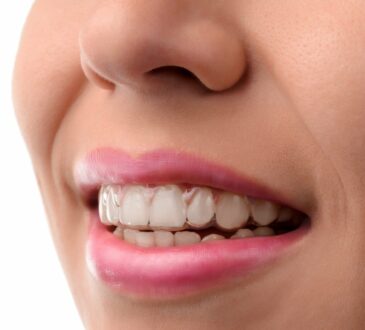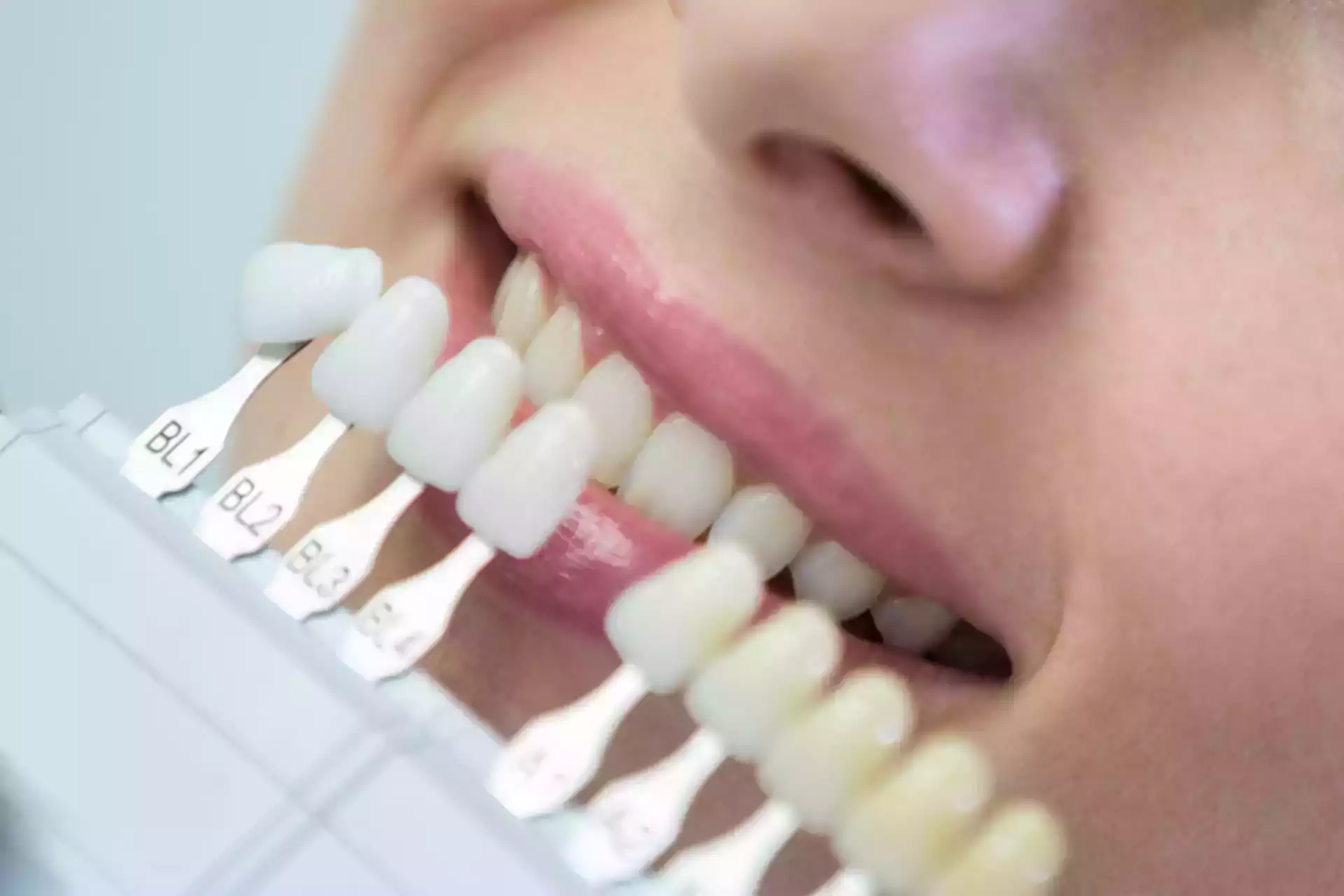
Invisalign® is a great option for patients who are looking for an alternative to traditional braces and want something more comfortable and discreet. Unlike traditional wire and brackets, Invisalign uses a series of clear aligners that are virtually invisible once fitted. Studies have shown that this method is just as effective as the traditional method but has less discomfort and quicker treatment times. You can consult a dentist in Midtown Manhattan, NY, if you are considering getting Invisalign.
We will now look into different kinds of bite problems Invisalign can correct.
- Overcrowding
One of the main reasons why a patient may have crooked teeth is because they have too many teeth in their mouth. Overcrowding of teeth can cause a lot of problems. Because the teeth are crowded together, it is hard to chew food properly, and you usually need to move your jaw very far to clean your teeth, which puts a lot of pressure on your jaw bones and the muscles that connect them.
- Large gaps between teeth
Large gaps between the teeth are actually very common. The best way to address this problem is to get a retainer or have veneers fitted on your existing teeth. However, that may not always be an option for some patients. If you find yourself in this situation, an Invisalign® treatment plan can help close the gap and also improve your smile as well.
- Crossbite
A crossbite is when one or more teeth are positioned in such a way that the teeth on the outside of the mouth don’t meet up with those on the inside of your mouth properly. This can be caused by several things, including jaw growth, dental decay, or injury. Invisalign is a great alternative to traditional braces and can help you correct a range of bite problems without causing you any pain.
- Overbite
With an overbite, the upper teeth will have more of a visible edge than the lower teeth. This may cause problems such as difficulty chewing or premature wear of your teeth. Overbite can be corrected by having an Invisalign® treatment plan to realign your bite and improve the appearance of your smile.
- Underbite
If your upper jaw is crooked and your lower jaw is too short, there may be an underbite. An underbite can cause chewing problems, tooth disfigurement, and even problems with biting down on food.




